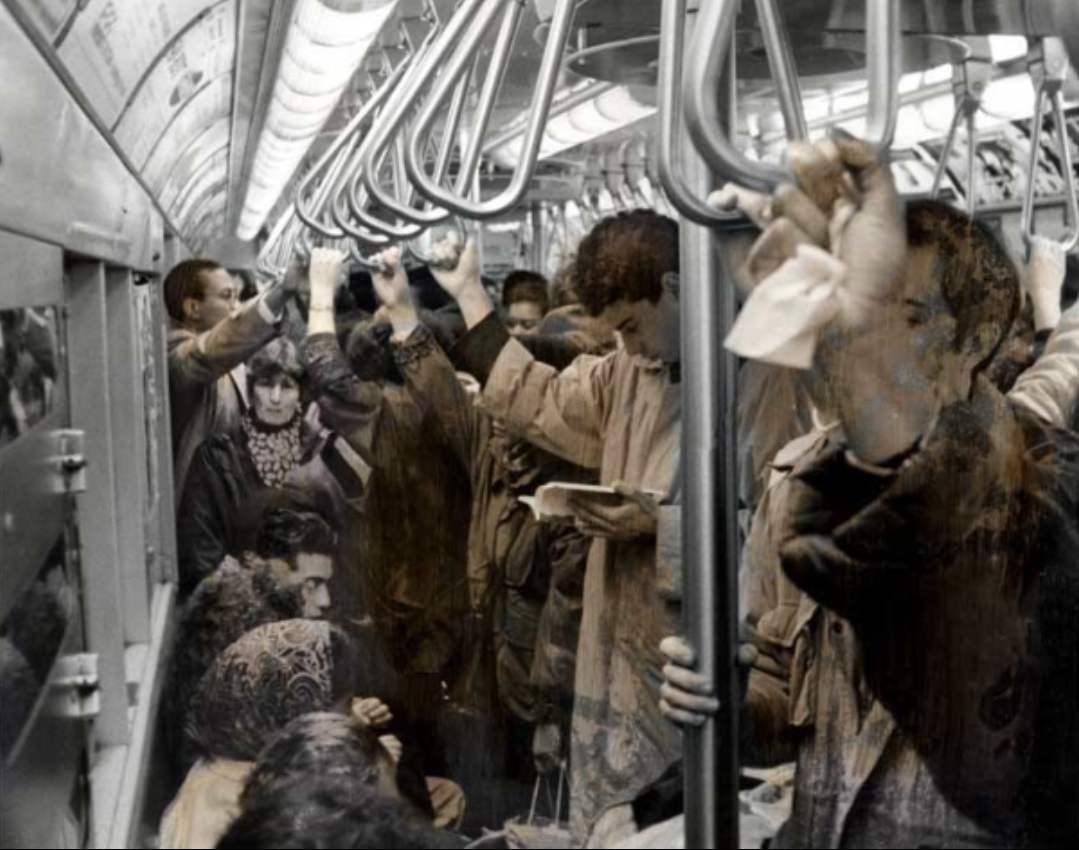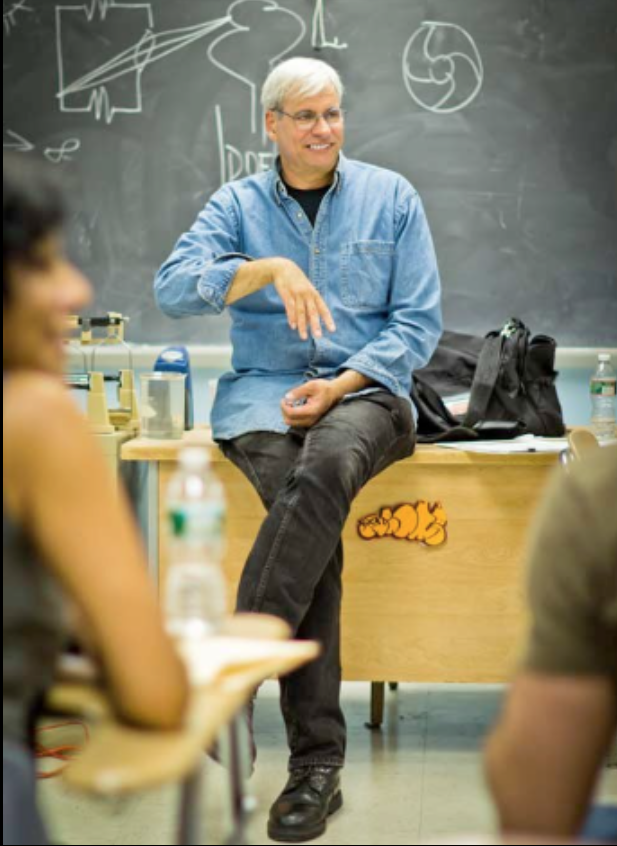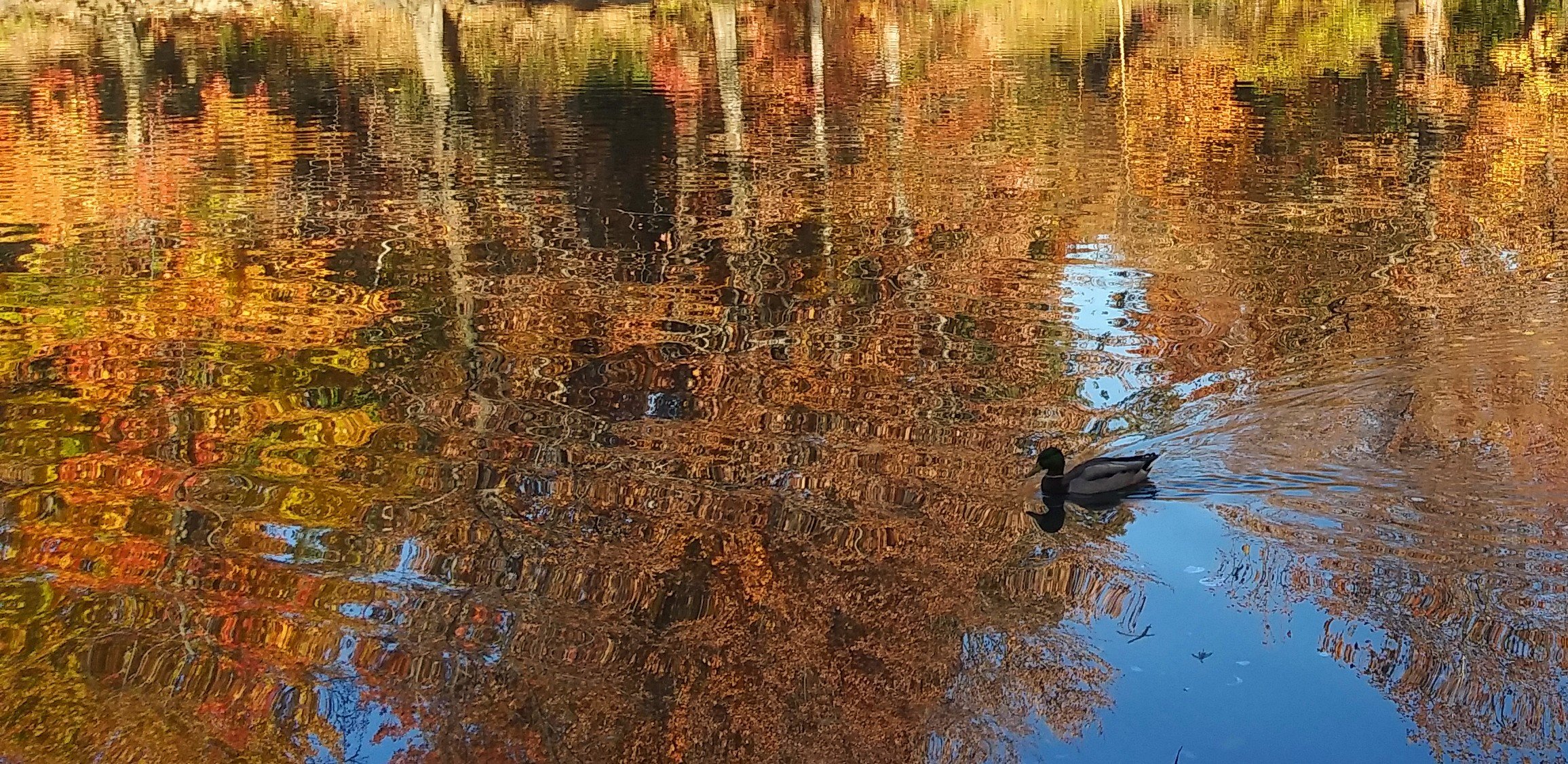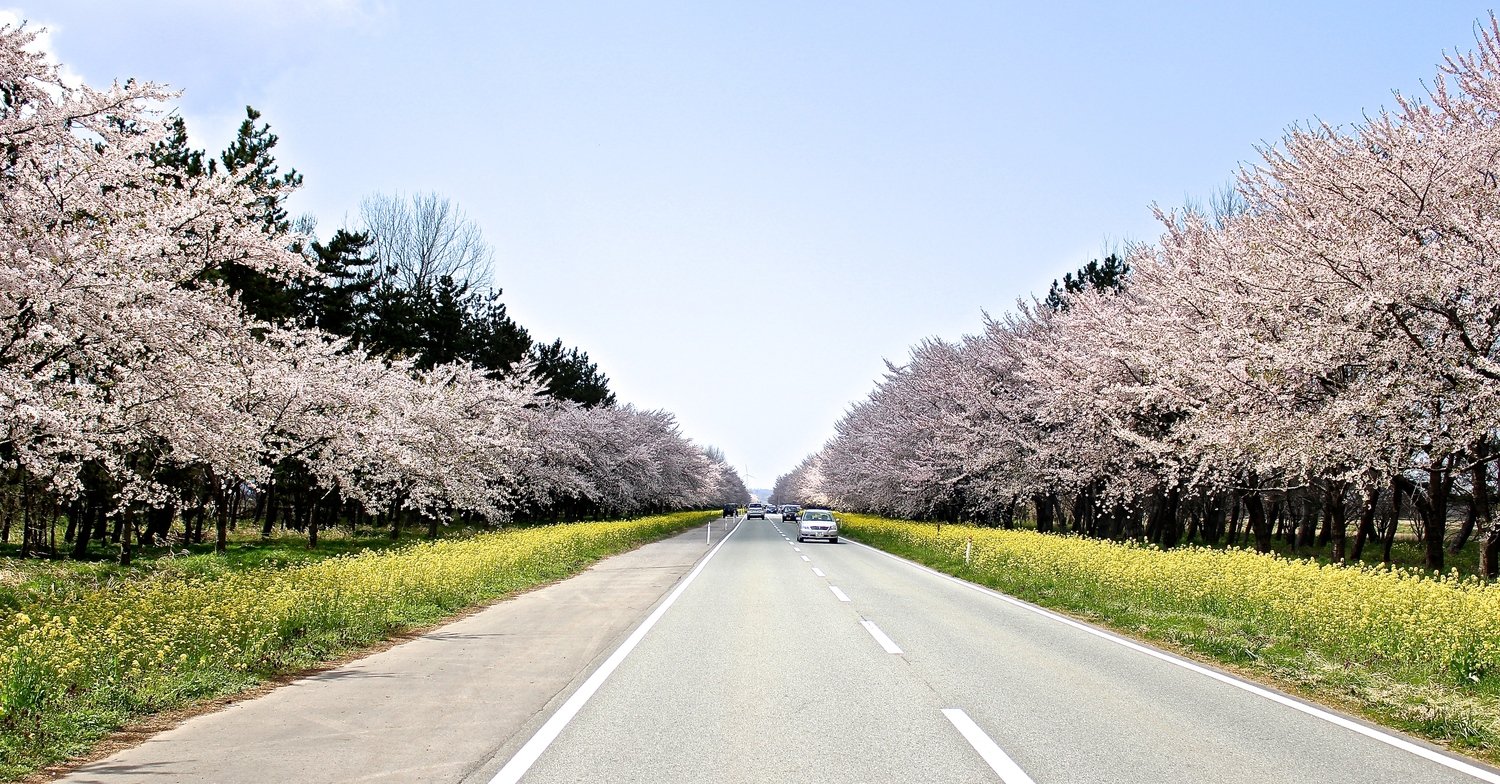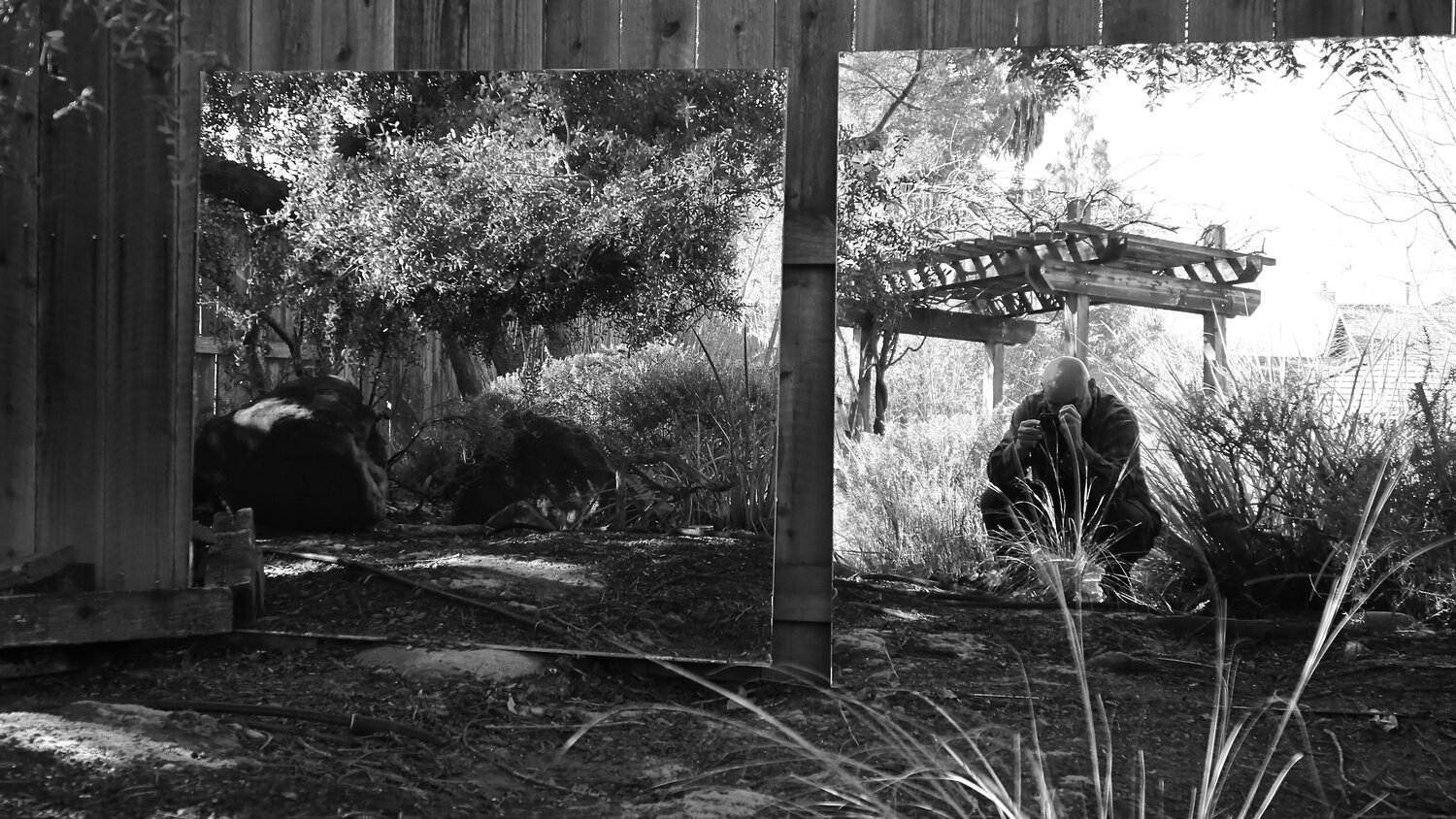“Open studios”
February 14th, 2022
Image from Lawrence Wheatman (http://www.lawrencewheatman.com)
Photorealism and photography
Moderator / Organizer: Lawrence Wheatman (http://www.lawrencewheatman.com)
Lawrence Wheatman
Bio: Lawrence Wheatman was born and raised in Washington Heights, Manhattan, NYC, and attended public schools. Although college-bound, his trajectory changed upon being expelled from high school without warning just three hours before graduation. (This was the Vietnam era, and apparently, the speaking skills Wheatman employed to motivate students and faculty in anti-war and civil rights demonstrations were not appreciated by all.)
After hitch-hiking for three years throughout North America, Wheatman returned to New York City and launched "Cockroach Art," a seven-thousand square foot performance coffeehouse across from the Bitter End on Bleecker Street in Greenwich Village. "The Art" traversed new ground in combining expression as diverse as rock, folk, country, bluegrass, blues, ballet, stand-up comedy, and interactive light sculpture in the same artistic space. Wheatman then performed with a number of bands of diverse musical genres in New York and Europe and was produced by the late Felix Pappalardi (who also produced Cream, Eric Clapton, Leslie West, more).
The photographic experience came quite early to Wheatman in the many evenings with his father in a make-shift kitchen darkroom. He first began to embrace the power of the camera's eye in a video (later photography) as a producer, director, camera operator, and talent for music, fashion, and commercial purposes. Gallery showings of his photographic work commenced in earnest in 1984.
Besides his activities as an artist, Wheatman also does photo work in the more commercial aspects of the craft including many print covers and is a teacher of photographic artist development at New York University since 1989. He uses this reality of multiplicity to make his choice to not specialize. The result of this is that he utilizes broad aspects of camera, film, darkroom, brush, and computer. ~Thomas Matchett
Panelist: Martha Lipton (https://www.facebook.com/martha.lipton)
Image by Martha Lipton
Bio: A New York native, Martha Lipton avoided photography classes until her last year in college where she was completing a degree in Romance languages/Fine Arts. Drawing had always been her “ thing ” but when a Pentax fell into her lap, that’s when the love affair began.
From the Village Voice to graphic designer/illustrator/creative director, the camera often played an important role in realizing many of her projects. Today, instead of making drawings that look like photos, she’s more intrigued when the camera sees images as watercolors or paintings. Favorite subjects: gardens, travel and the beach.
Image by Martha Lipton
Panelist: Peter McCagg (aneyeforthings.net)
“In the PInk” by Peter McCagg
Bio: Peter McCagg—raised among the mangroves and mosquitoes of South Florida, schooled up and down the East Coast of the US in ivied halls, flung so far West, he ended up in the Far East, where a career in language and international education afforded to travel and opportunities to record sights that caught his eye—is now roughly settled into the hunker down of COVID days in the Central Valley of California. His artistic bent appeared early with pencil and paper, then pen & ink drawings, followed by watercolor images, and ultimately was seduced by the “ease” and wonder of digital photography. He is an avid amateur with an open eye for things; enjoying and sometimes capturing what the world presents.
“Mirrors in the Garden” by Peter McCagg
Panelist: Amy Durocher (https://amydurocher.zenfolio.com/)
Image by Amy Durocher
Bio: Amy Durocher is an award-winning fine art photographer living in Winthrop, Maine. Amy began her work with cameras as a child, taking photos of clouds. “I still take photos of clouds, but I also now find that feeling of wonder when looking through a lens at other scenes. I see differently when I have my camera - I am freed from my critical mind and I see beauty in all kinds of places. It’s become a joyous meditative practice.”
In this collection for Artists Talk on Art titled ‘Heavenly Bodies’, images of the night sky and solar eclipses are presented. “These photographs require rigorous technical planning, but the act of making the photographs always leaves me with an overwhelming feeling of awe, and a sense of being very small in a very large universe, yet not insignificant.”
Image by Amy Durocher

